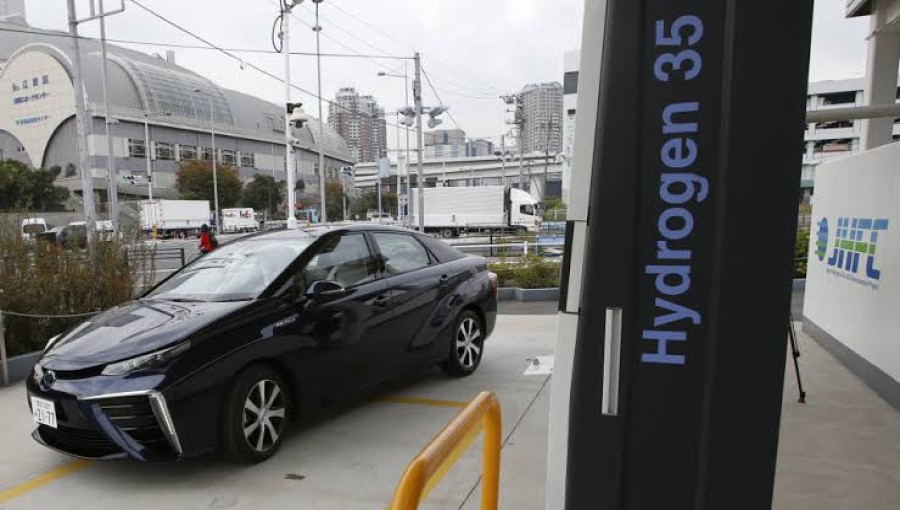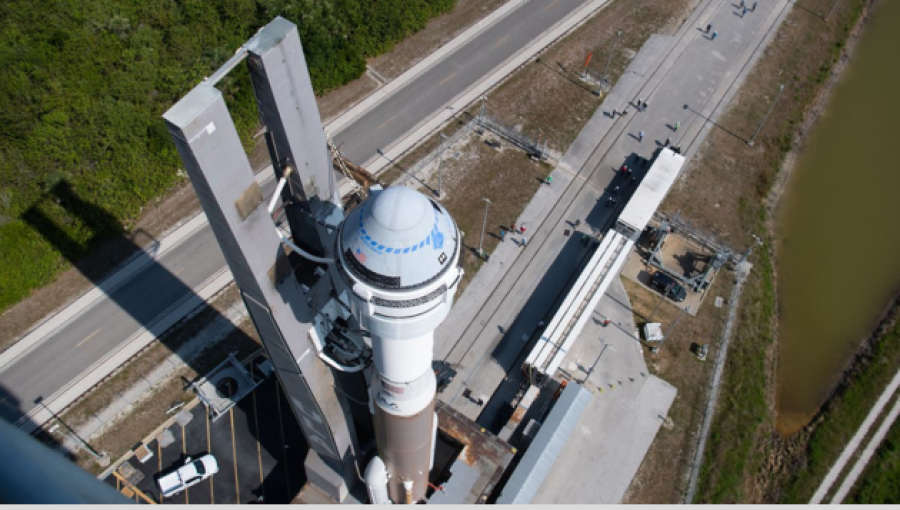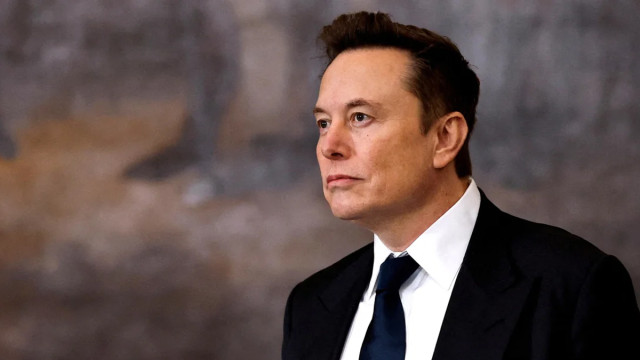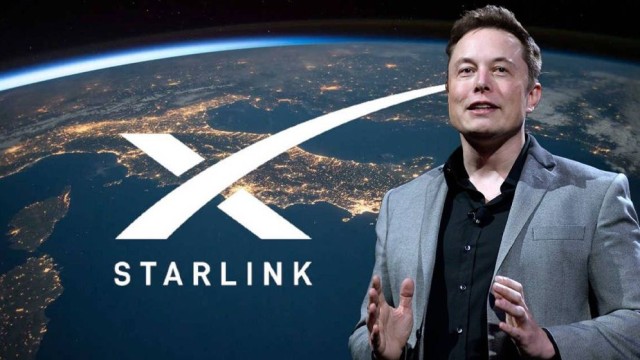In a bold departure from the trend towards electric vehicles, Japanese automaker Toyota Motor Corporation is pioneering hydrogen-powered cars as a sustainable alternative to gasoline models. With a focus on reducing pollution and promoting eco-friendly transportation, Toyota has embarked on a unique path in the automotive industry.
Toyota has recently unveiled its latest innovation: hydrogen fuel cell-based Toyota Hilux pick-up models. Manufactured at its factory in Derby, UK, these vehicles represent a significant step forward in the company's commitment to hydrogen technology. Currently undergoing rigorous testing for safety, performance, functionality, and durability, these hydrogen-powered cars showcase Toyota's dedication to excellence.
Toyota's hydrogen fuel cell-based vehicles offer several advantages over traditional gasoline-powered cars. With a range of up to 600 km on a single charge, these vehicles boast impressive endurance and efficiency. Equipped with three high-pressure fuel tanks capable of storing 7.8 kg of hydrogen, the Toyota Hilux pick-up models demonstrate the potential for extended travel distances with minimal fuel consumption.
Supported by the UK government's funding initiatives, Toyota's development of hydrogen fuel cell-based vehicles is gaining momentum. Analysts predict that fuel-efficient hydrogen-powered vehicles will play a significant role in the automotive landscape of the future. By 2030, Europe is expected to emerge as the world's largest market for hydrogen fuel cell-based vehicles, signaling a shift towards sustainable transportation solutions.
As Toyota continues to lead the way in hydrogen technology, the automotive industry is poised for a transformative shift towards eco-friendly alternatives to gasoline-powered cars. With its pioneering approach and commitment to innovation, Toyota is driving towards a greener and more sustainable future for mobility.































Comment: